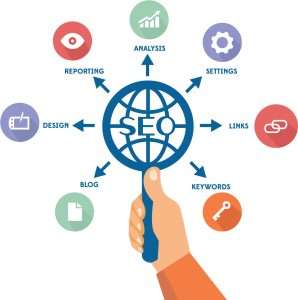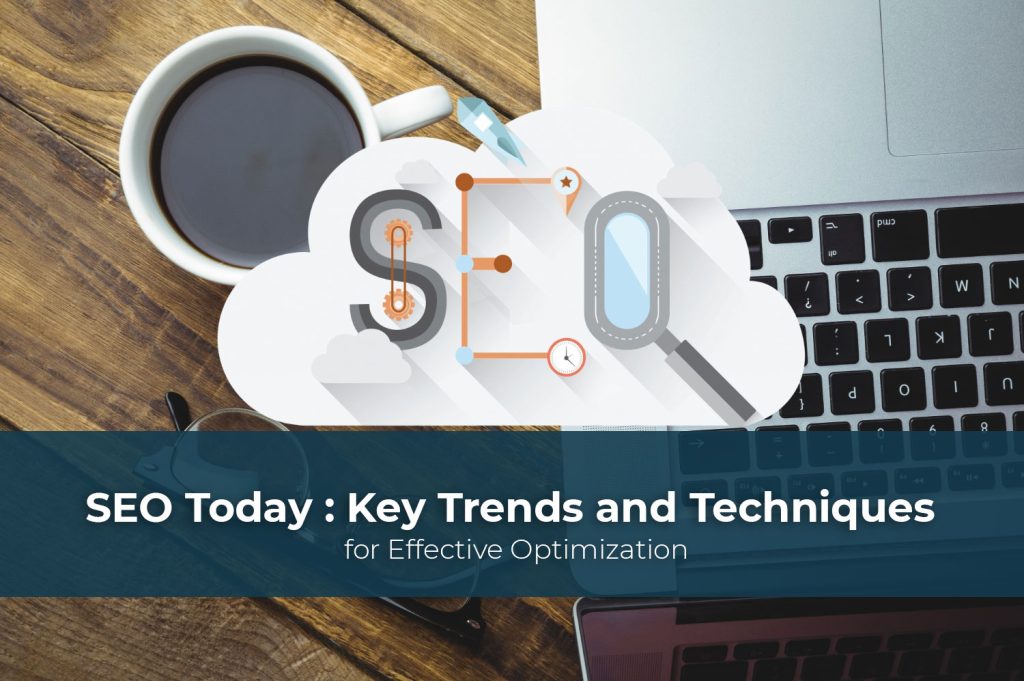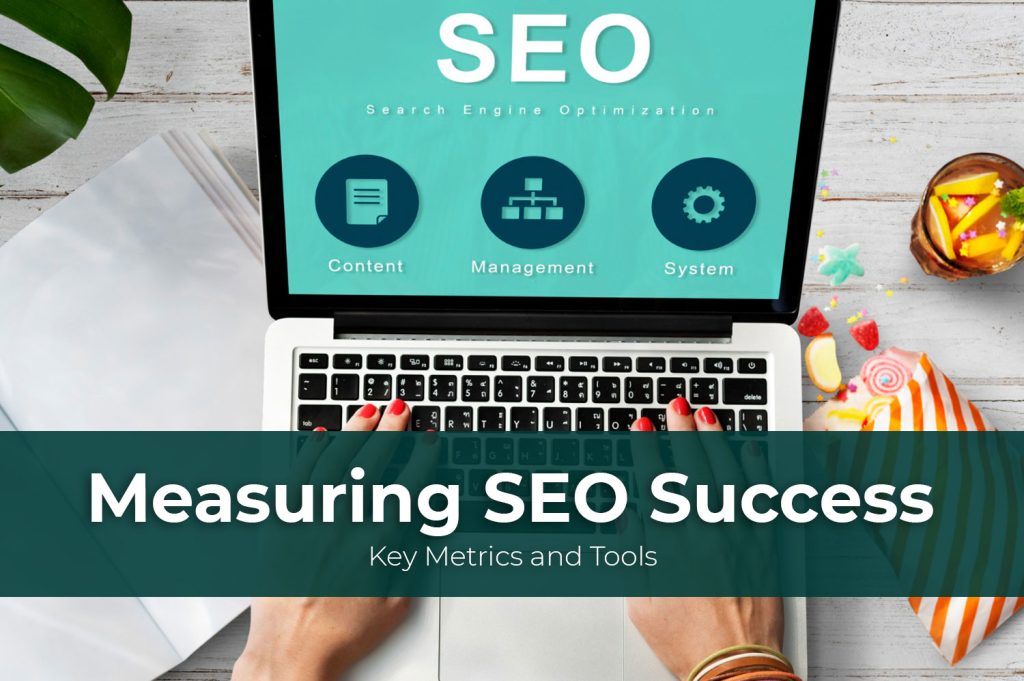10 Common Meta Tag Mistakes That Are Hurting Your SEO Ranking

Meta tags play a full-size role in your internet site's SEO and search engine ranking. They provide engines like Google with valuable records about your pages, helping them understand and index your content more effectively.

Table of Contents
ToggleCommonly Misused Meta Tags
1. Title Tag Mistakes
- Duplicate tags: Using the identical name tag for multiple pages can confuse search engines like Google and Yahoo and cause lower scores. Ensure every page has a completely unique name tag that accurately describes its content. Employing an experienced Digital Marketing Company assists you to keep away from this problem.
- Empty tags: Leaving the identify tag empty can result in search engines like Google using a default title or generating one from your page’s content material. This may not correctly represent your page, so we usually encompass a relevant identify tag.
- Length of tags: An identify tag that is too long can be truncated in search engine results pages (SERPs), making it less useful for customers. Keep your title tags within the recommended duration of 50–60 characters.
2. Description Tag Mistakes
- Irrelevant tags: Ensure your description tag correctly reflects your web page’s content. Irrelevant tags might also lie to users and search engines like Google and Yahoo, resulting in lower rankings and better bounce fees.
- Overstuffing tags: Avoid keyword stuffing for your description tags. Instead, focus on writing a natural, informative summary that contains applicable keywords. A well-planned content material advertising strategy will let you gain this balance.
- Length of tags: Description tags that are too long may be truncated in SERPs. Aim for a period of 150–160 characters for the most desirable display.
3. Keyword Tag Mistakes
- Overstuffing tags: Including an excessive number of keywords within the key-word tag can result in search engines like Google and Yahoo penalizing your internet site. Focus on content material optimization rather than counting on the keyword tag.
- Irrelevant tags: Including inappropriate key phrases in the key-word tag can damage your website’s credibility and bring about a decrease in scores. Stick to relevant key phrases that appropriately describe your web page’s content.
Understanding the commonplace meta tag errors and implementing the proper practices can appreciably enhance your search engine optimization and search engine ranking.

Which Meta Tags Not to Use in Search Engine Optimization
The Keyword Tag
The Keyword Tag is now obsolete and has little effect on current search engine optimization. Most search engines, like Google, Yahoo, and Bing, don’t forget the key-word tag when rating websites. Instead, focus your awareness on optimizing your content with applicable keywords and presenting a notable person to revel in. This can be executed through a well-carried-out SEO campaign.
What Makes a Good Meta Tag?
- Relevance: Ensure your meta tags appropriately represent your page’s content.
- Length: Keep your title and description tags within the
- Uniqueness: Use precise meta tags for each web page on your Internet site.
- Keyword optimization: Incorporate relevant keywords into your meta tags without overstuffing. A professional SEO Service provider lets you achieve this stability.
Guidelines for Meta Tags
- Canonical tag: This tag allows engines like Google to determine which model of a page is the preferred one while there are a couple of variations of the same content material. Implementing canonical tags successfully is important for avoiding reproduction content troubles, and a professional web developer can help with this.
- Robots tag: This tag lets you control how engines like Google crawl and index your pages, enabling you to prevent the indexing of specific pages or sections of your internet site.
- Hreflang tag: This tag is used to indicate the language and nearby content focused on the content of a page. Supporting serps serve the most suitable model to users based on their vicinity and language options. If your site targets an international audience, a well-done multilingual SEO approach can improve your online presence.
- Social meta tags: These tags, together with Open Graph and Twitter Cards, enhance the arrival of your content material when shared on social media structures, doubtlessly growing engagement and click-through rates. A comprehensive social media advertising plan will help you leverage these tags correctly.
Meta Tags Affect Search Engine Optimization
Important Meta Tags for Search Engine Optimization
- Title tag: The name tag is a vital detail for SEO, as it informs engines like Google and users about the content material of your web page. Make sure your title tags are unique, relevant, and within the recommended individual limits.
- Description tag: The description tag gives a more detailed summary of your web page’s content material and may influence customers’ decisions to click on your hyperlink inside the SERPs. Write informative, enticing descriptions that consist of applicable key phrases without overstuffing.
- Canonical tag: Use the canonical tag to specify the favored model of a page when you have replica or similar content. This helps serps recognize which model to index and prevents reproduction content troubles.
- Hreflang tag: Implement hreflang tags to make certain customers are served the best language and regional version of your content material, improving their enjoyment and doubtlessly boosting your website’s global search engine marketing.
- Robots tag: Utilize the robots tag to manipulate how search engines move slowly and index your pages, permitting you to save indexing of precise pages or sections of your website.
Conclusion:Mastering Meta Tags for Enhanced SEO Results
FAQs about Common Meta Tag Mistakes
Examples of commonly misused meta tags consist of reproduction identify tags, empty title tags, irrelevant description tags, overstuffing keywords in description tags, and using outdated keyword tags.
The key-word tag is not taken into consideration for search engine optimization, as most engines like Google do not use it when rating websites.
A suitable meta tag is applicable, particularly in the advocated person limits, and incorporates relevant keywords without overstuffing.
Yes, Google has not used meta keywords as a ranking factor for many years, as they found that webmasters were often abusing them to manipulate search rankings. Instead, Google uses other factors to determine a webpage’s relevance and quality.
While there is no official limit to the number of meta keywords you can use, it’s generally recommended to use only a few relevant keywords rather than stuffing a long list of them into the meta tags. Using too many keywords can be seen as spam and may actually harm your search rankings.
Yes, websites still use meta tags, but their importance has decreased over time. While meta tags like meta keywords are no longer used by Google, other meta tags like the meta title and meta description can still be important for SEO.
Yes, Google may penalize websites for using too many keywords or engaging in keyword stuffing. Keyword stuffing is the practice of using excessive and irrelevant keywords in an attempt to manipulate search rankings, and it’s seen as a violation of Google’s webmaster guidelines. It’s best to use keywords naturally and sparingly in your content, rather than trying to force them in unnaturally.
“Bumsa Talent Solutions is a Canadian-owned provider of cost-effective global talent solutions enabling top recruiting teams to win the fierce race for top talent”





























